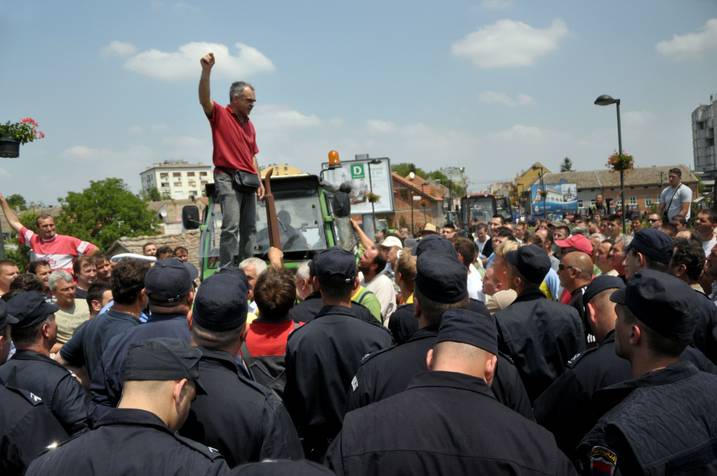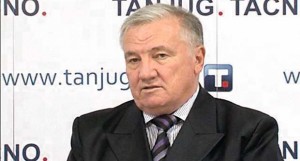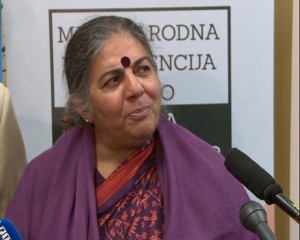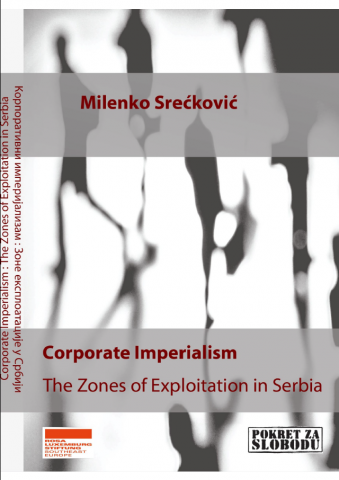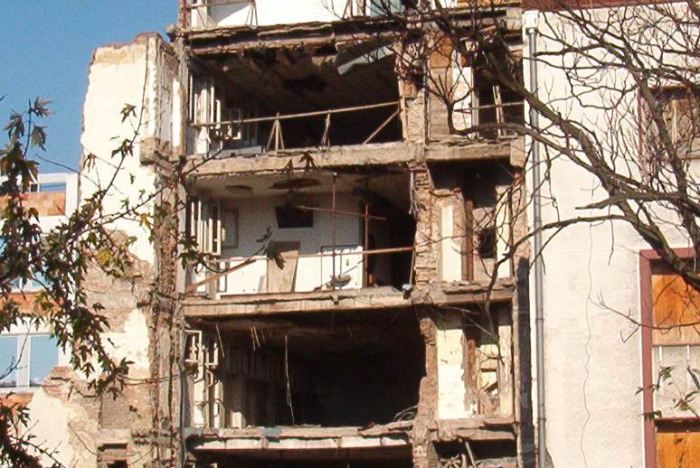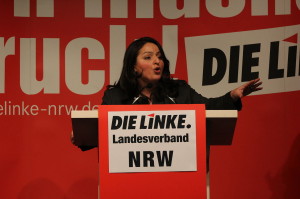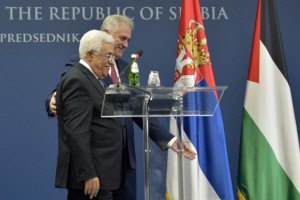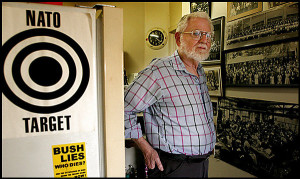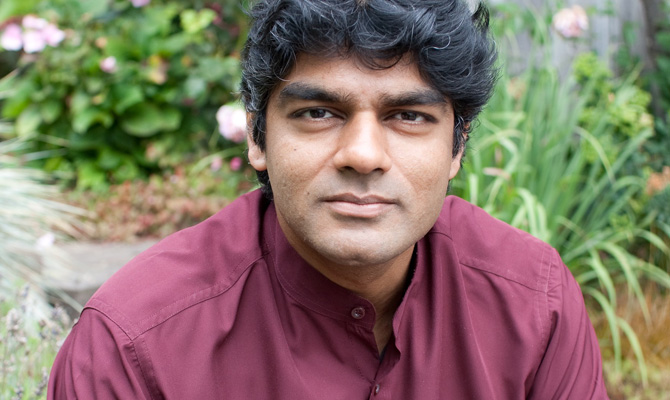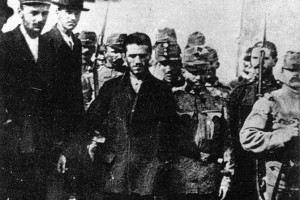Anti-landgrabing campaign in Serbia
By Pavle Antonović (FreedomFight.net)
Anti-landgrabing campaign in Serbia – launched by the Pokret za slobodu (www.pokret.net) several years ago as a part of its broader struggle against criminal privatization and corruption – points out that the process of the Serbia’s accession to the European Union will in fact benefit only those deeply involved in privatization theft in the last decade.
Freedom Fight Info talks with Miroslav Grubanov, chairman of the agricultural board of the Pokret za slobodu and leader of many peasant protests and road blocks. Land grabbing in Serbia was at first carried out through the process of privatization, says Grubanov. But since recently, it’s being done through direct bilateral agreements between Serbia and United Arab Emirates. Instead of renting out the land to local peasants willing to cultivate it, by its market policy the state is forcing many of them to give up farming entirely. We have no choice but to sell our products below the costs of production, which is far from being sustainable, and even further from being profitable. The system is obviously set only to work in favor of the big capital. 4 years after ratification of Association and Stabilization Agreement between Serbia and EU countries, Serbia is obliged to change the law and allow foreign companies to buy agricultural land in Serbia. According to Grubanov, this will lead to an extensive cover-up of many cases of illegal land usurpation done through the privatization process. In the course of the privatization of agricultural companies more than 60.000 agricultural workers lost their jobs. The richest people in Serbia became the owners of hundreds of thousands hectares of the most fertile land. Very often buying companies was just a front for laundering money acquired through illegal activities such as drug smuggling.
Pokret za slobodu started anti-landgrabbing campaing few years ago by joining International alliance against landgrabbing launched in the Republic of Mali in 2011. After many protest, conferences and published books, Pokret za slobodu decided to engage in publishing international online magazine Freedom Fight Info that presents the work of social movements from around the globe.
The European Coordination Via Campesina, European farmers and farm workers organization, fully supported the demand of the Pokret Za Slobodu, concerning the Stabilization and Association Agreement (SAA) between Serbia and the EU, for the amendment enabling foreign companies to own agricultural land in Serbia to be suppressed, and for public authorities to be urged to seize the land obtained during the privatization process. Securing access to land for farmers, and preventing speculators from land grabbing are growing issues all over Europe and especially in Eastern countries. We assume that in order to achieve food security, priority must be given to sustainable family farms and community farms based on fair access to resources, concluded Via Campesina in the public letter sent to Pokret za slobodu.
Miladin Ševarlić, professor at Belgrade Agricultural Faculty, is also supporting Pokret za slobodu’s initiative to suppress the amendment enabling foreign companies to own Serbian agricultural land. He says that there are many reasons why the state should still forbid selling agricultural land to foreign companies. State-owned agricultural land shouldn’t be subject to sale but exclusively to lease, with maximum term of 5 years for crop production and 20 years for fruit and vineyard production. According to him, preferential right to lease should be granted to small family farms. Vandana Shiva and John Fagan were recently in Belgrade to give support to anti-GMO activists and share their scientific knowledge on this topic. Shiva pointed out that 50 percent of EU countries prohibited production and use of GMO, and asked how then EU can require the opposite from countries not its members. Ševarlić reminded that in 167 countries in the world neither growing, nor import, nor trading of GMO products are allowed, and that numerous researches point to negative effects of consuming these products.
Further details about landgrabbing in Serbia can be found in Pokret za slobodu’s article Land Grabbing and Land Concentration in Europe: The case of Serbia, published in the book Land concentration, land grabbing and people’s struggles in Europe.

